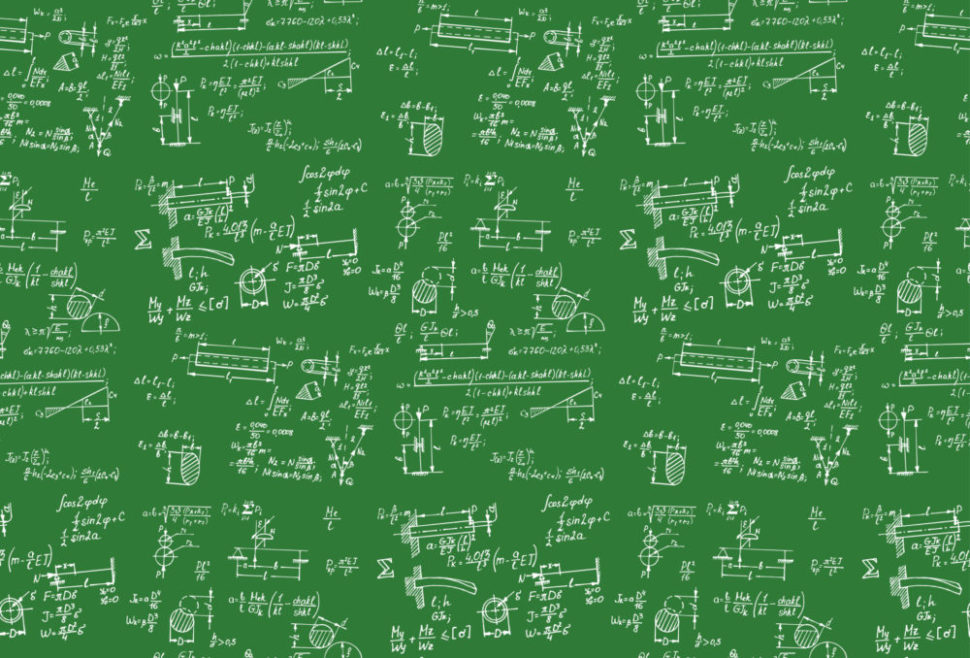New mathematical evidence suggests that “entangled states” may be necessary to describe reality, and that quantum entanglement must be a feature of any post-quantum theory.
It may require quite intellectual acrobatics to convince oneself that “one” thing is at two places simultaneously, especially for us (we’re not experts but rather ultra-curious chroniclers), but in quantum physics that seems to be a given.
The notion of quantum entanglement emerges quite naturally from the mathematics of quantum mechanics, but it does not lend itself to any concrete image the average mind can conjure up.
Quantum entanglement is a necessity to describe realityClick To TweetThis spooky entanglement has been described by Erwin Schrödinger, one of the founding fathers of quantum mechanics, as the most important characteristic of quantum mechanics.
New scientific experiments seem to corroborate what Schrödinger believed.
The Entangled States of Reality
Plato, in his Allegory of the Cave, emphasizes that our senses give us access only to appearances or what he calls “Ideas”, and here classical and quantum physics go separate ways.
While classical physics is essentially descriptive, quantum physics is fundamentally predictive.
The aim of classical physics is to discover and describe “appearances”, or reality as we perceive it, and which exists independently of us.
Quantum mechanics doesn’t go in the same direction of ontological realism.
Quantum physics blurs the very notion of things existing by themselves, separately and independently from each other in a space, in favor of a certain “globality” which, although apparent in equations, doesn’t manifest itself to the observing eye.
And perhaps no other concept quite suggests this globality like “entanglement”.
If two quantum particles are in a state of entanglement, then their quantum states are interdependent, and this connection remains effective no matter how great the distance separating them is.
This effect violates the principle of locality and cannot be explained within the framework of the cause-effect scheme of classical physics.
Entanglement is Necessary for all Physical Theories With the Classical Limit
A very fundamental concept in quantum mechanics, “entanglement” contradicts certain principles of classical physics.
However, British physicists led by Jonathan G. Richens at Imperial College London have mathematically proven that, in fact, “entanglement” is an integral part of all possible physical theories that have a classical limit.
The proof is detailed in a study published in Physical Review Letters.
In its simplest sense, in quantum mechanics, the “classical limit” corresponds to the system in which the predictions of a theory become in line with the expectations of classical physics.
The proof was carried out via the “by contradiction” method, as a result of which it was shown that, if a nonclassical theory with a classical limit does not have the property of entanglement of states, then it will itself be a classical theory.
Scientists suggest that the existence of other properties of quantum systems, which now seem counter-intuitive, probably can be justified by the necessity of having a classical limit.
Despite its inconsistency from a classical physics point of view, “entangled states” property has already been leveraged and used, for example, for teleportation and data security.


















Our understanding of distance is questioned. Yet understanding that our understanding is only a vague representation of reality as is quite clearly indicated by relativity may be the starting point for understanding.